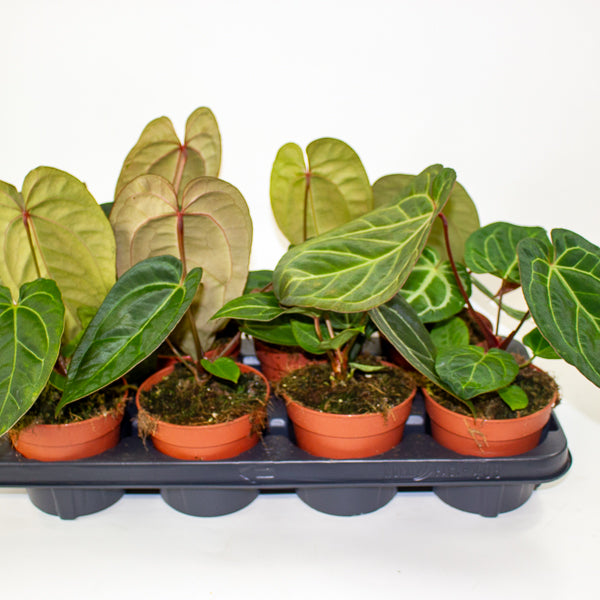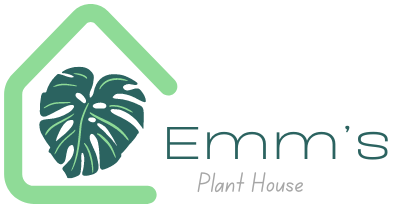1
/
of
11
Emm's Plant House
Anthurium Hybrid - NOID - 12cm H20cm
Anthurium Hybrid - NOID - 12cm H20cm
Regular price
£34.00 GBP
Regular price
Sale price
£34.00 GBP
Unit price
/
per
Taxes included.
Couldn't load pickup availability
This Anthurium Hybrid (NOID – “No ID”) is an unidentified but striking aroid cultivar, often prized for its unique foliage, varied shapes, and unpredictable traits inherited from multiple hybridised parent species. These hybrids frequently display glossy, heart-shaped or elongated leaves, diverse venation patterns, and strong growth habits, making them excellent ornamental plants for collectors who enjoy owning one-of-a-kind specimens.
- Full Botanical Name: Anthurium Hybrid (NOID – unidentified cultivar)
- Common Names: Anthurium Hybrid, NOID Anthurium, Unidentified Anthurium
- Country and/or Region of Origin: Hybrid; parent species originate from Central and South America
- Growing Conditions in Native Habitat: Parent species grow in tropical rainforests as epiphytes or terrestrials, thriving in warm temperatures, high humidity, and filtered light beneath canopy cover
Care Guide
Care Guide
Share






















